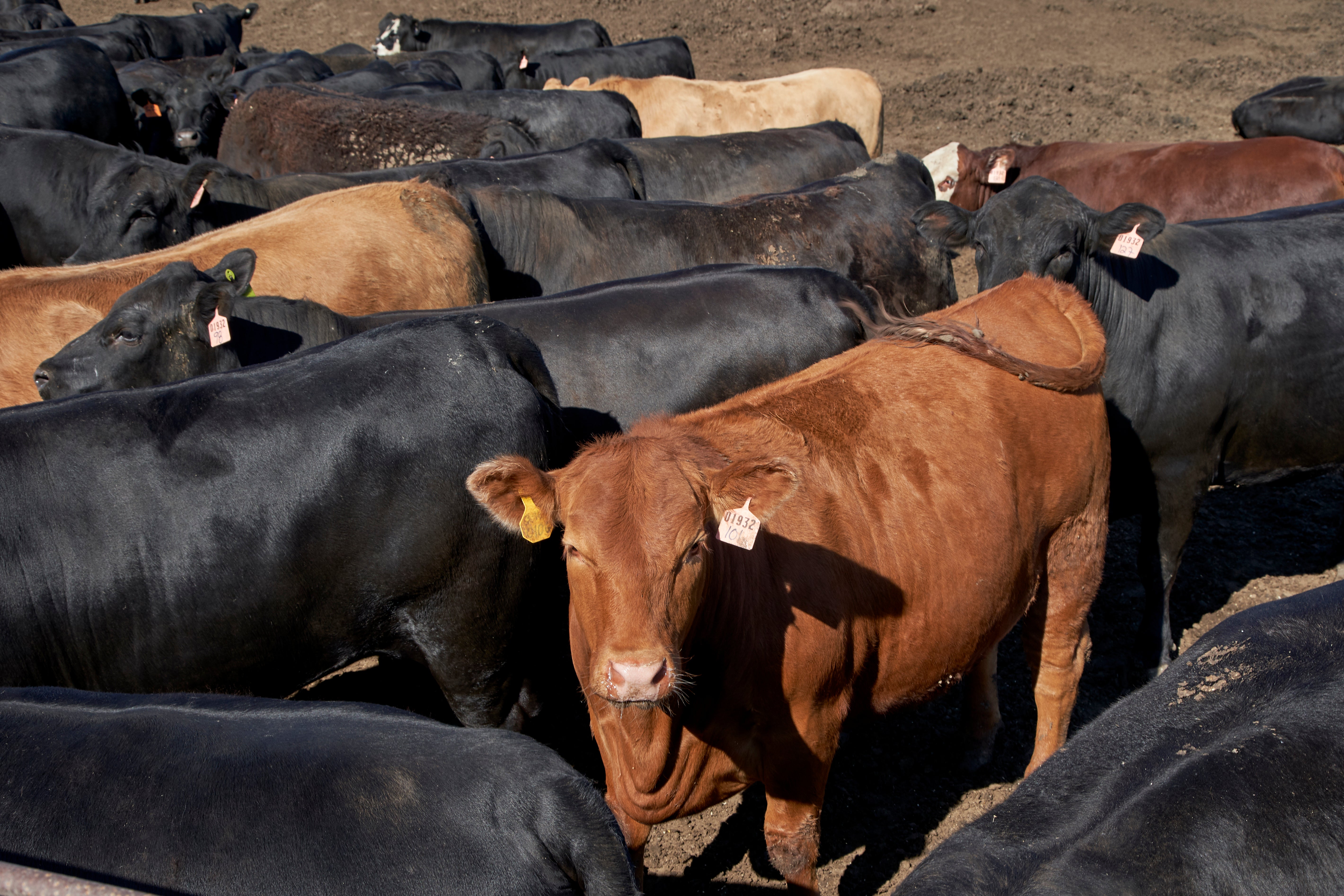
Atypical Mad Cow Disease Case Detected in Essex — No Risk to Public Health
Hey everyone, I want to talk to you about a piece of news that’s caught some attention lately — a confirmed case of atypical BSE, commonly known as mad cow disease, on a farm in Essex. I know hearing "mad cow disease" can raise alarm bells, but let me walk you through what’s actually happened, and why there’s no need to panic.
So here’s the situation: The Animal and Plant Health Agency (APHA), in coordination with Defra — that’s the Department for Environment, Food & Rural Affairs — announced on May 20th, 2025, that a single cow in Essex tested positive for atypical Bovine Spongiform Encephalopathy, or BSE. This wasn’t a random case — the animal had shown some symptoms, was humanely put down on the farm, and then tested as part of the UK’s ongoing routine surveillance programme.
Also Read:- Rain Halts Guardians-Twins Clash, Doubleheader Set for May 21
- Trump’s Qatar Jet Story Under Scrutiny as Sources Reveal a Different Truth
Now, what’s important to understand is that this was not classical BSE. The atypical form is naturally occurring , non-contagious , and very rare. It happens spontaneously in older cattle, and it’s not linked to the kind of contaminated feed that caused the classical BSE crisis back in the 80s and 90s. In other words, it didn’t come from some failure in regulation or safety procedures.
In fact, this case is more a sign that the UK’s animal health monitoring systems are doing their job. That’s exactly what Chief Veterinary Officer Christine Middlemiss emphasized — this shows the surveillance controls in place are effective. The cow was not destined for the food chain, and because of this, the Food Standards Agency has confirmed there is absolutely no risk to public health or food safety.
Dr. James Cooper from the FSA reassured consumers that rigorous protection measures are still firmly in place. These include controls on animal feed and the removal of specific parts of cattle that might carry any potential infectivity. Also, official veterinarians and inspectors are actively present in abattoirs across England, continuing their work to ensure consumer safety stays a top priority.
For anyone worried about trade or beef exports — don’t be. The UK's overall BSE risk status remains controlled , and trading partners as well as the World Organisation for Animal Health have been informed. The country’s ability to export beef remains unaffected.
It’s worth noting that this is the fourth atypical BSE case detected in the UK since 2015. The last one was in Scotland back in December 2024. So while rare, it’s not entirely unprecedented — and it’s certainly not a public health crisis.
To sum it up: Yes, a single case of atypical BSE was found in Essex. But no, it’s not dangerous to the public. The animal was not entering the food chain, surveillance caught it early, and all protections remain in place. It's a reminder that our food safety systems are functioning as they should.
Thanks for listening, and hopefully that clears up the concern around this headline.
Read More:



0 Comments